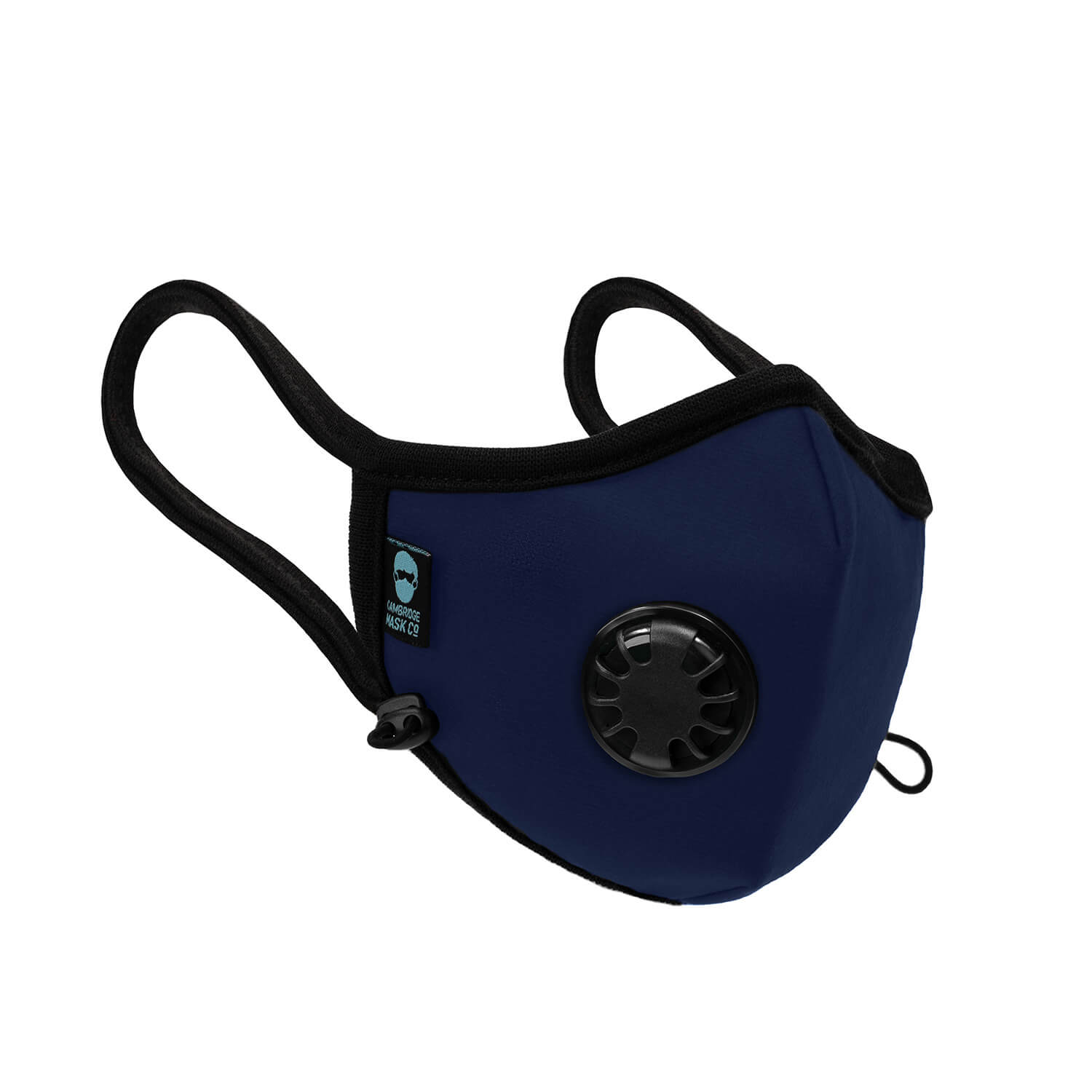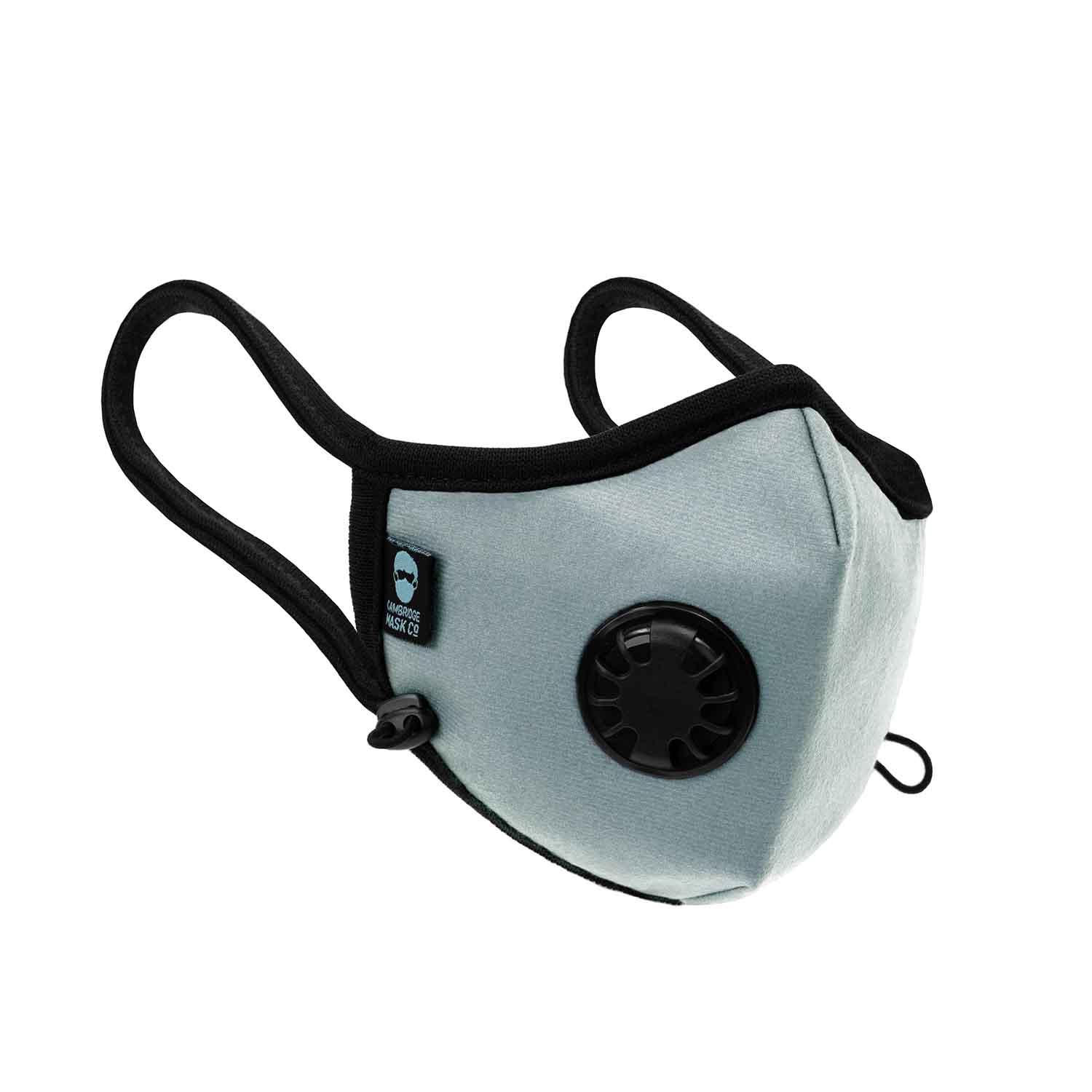Can I wash my mask?
Yes, our masks are washable. Use warm water and washing soda to keep your mask in good condition. It is important to avoid machine drying as well as machine washing as both can damage the filters and prevent the mask from working properly. Gently massage the Cambridge Mask with washing soda and warm water then rinse it thoroughly.
Are Cambridge Mask Co masks suitable for children?
Yes, we offer masks in sizes suitable for children, ensuring a comfortable fit and effective protection for younger users.
Do your masks protect against viruses?
While our masks are primarily designed for dust and allergens, they also provide a barrier against droplets, which can help reduce the risk of viral transmission. Learn more about our filter technology here.
What is the lifespan of a Cambridge Mask?
With proper care and maintenance, our masks can last for several months to a year, depending on usage and exposure levels.
How to Wear and Maintain Dust Masks?
To ensure maximum effectiveness, it’s important to use and maintain your dust mask properly:
- Fit and Seal: Ensure the mask fits snugly around your face, with no gaps for air leakage. Adjust straps as needed for a secure fit.
- Regular Replacement: Replace filters as recommended by the manufacturer to maintain filtration efficiency.
- Cleaning: Clean reusable masks regularly to prevent the buildup of dust, allergens, and other particles. Follow the manufacturer's cleaning instructions for the best results.
- Storage: Store masks in a clean, dry place when not in use to prevent contamination.
- Avoid Sharing: Personal masks should not be shared to prevent cross-contamination.
Dust Masks in the Workplace
Workplace environments present various risks, necessitating the use of protective measures like dust masks. In construction, exposure to cement dust, silica, and other particles poses significant health risks. Manufacturing workers may encounter metal shavings, chemical fumes, and other harmful substances. In agriculture, inhaling pesticides, soil dust, and plant matter can be hazardous. Healthcare staff require masks to protect against airborne pathogens. The benefits of using dust masks in the workplace are substantial. Compliance with safety regulations is crucial, as many industries mandate the use of protective equipment. Regular use of masks can prevent respiratory diseases caused by prolonged exposure to harmful particles, leading to increased productivity by reducing absenteeism. Additionally, providing high-quality protective gear can enhance employee confidence and morale regarding workplace safety.








